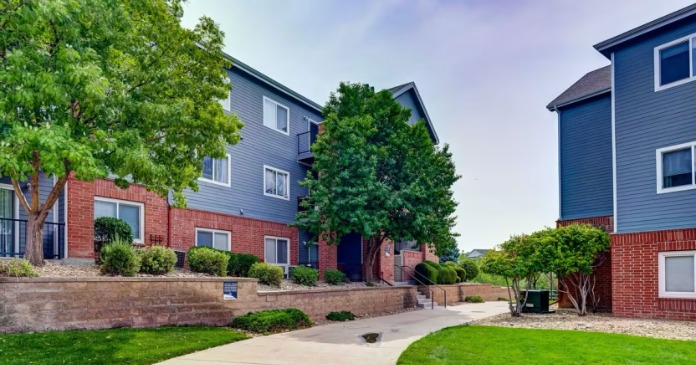Confidence in the market for new multifamily housing weakened significantly in the first quarter of 2020, according to results from the Multifamily Market Survey (MMS) released by the National Association of Home Builders (NAHB). The survey was conducted during the first part of April, when many of the effects of the pandemic had become apparent. The MMS produces two separate indices. The Multifamily Production Index (MPI) fell 22 points to 27 compared to the previous quarter, which is the lowest reading since the fourth quarter of 2009. Meanwhile, the Multifamily Vacancy Index (MVI) rose 19 points to 59, with higher numbers indicating more vacancies.
The MPI measures builder and developer sentiment about current conditions in the apartment and condo market on a scale of 0 to 100. The index and all of its components are scaled so that a number below 50 indicates that more respondents report conditions are getting worse than report conditions are improving.
The MPI is a weighted average of three key elements of the multifamily housing market: construction of low-rent units—apartments that are supported by low-income tax credits or other government subsidy programs; market-rate rental units—apartments that are built to be rented at the price the market will hold; and for-sale units—condominiums. All three components posted decreases in the first quarter: the component measuring low-rent units fell 21 points to 32, the component measuring market rate rental units dropped 21 points to 29 and the component measuring for-sale units decreased 24 points to 22.
The MVI measures the multifamily housing industry’s perception of vacancies in existing apartments. It is a weighted average of current occupancy indexes for class A, B, and C multifamily units, and can vary from 0 to 100, where a number over 50 indicates more property managers believe vacancies are increasing than decreasing. With a reading of 59, this is the highest reading since the fourth quarter of 2009.
“Leading up to the coronavirus pandemic, demand for apartments had been solid and development processes were normal,” said Barry Kahn, president of Hettig-Kahn Holdings in Houston and chairman of NAHB’s Multifamily Council. “Now, we are seeing a lot of disruption in the market as builders and developers are trying to navigate the impacts on operations and collections, permitting, inspections and financing.”
“Like other sectors of the housing market, the multifamily market has been greatly affected by the effects of the pandemic,” said NAHB Chief Economist Robert Dietz. “On a positive note, while multifamily construction has slowed significantly in the spring, rent revenue is coming in above some market participants’ expectations from a few months ago.”
Historically, the MPI and MVI have performed well as leading indicators of U.S. Census figures for multifamily starts and vacancy rates, providing information on likely movement in the Census figures one to three quarters in advance.












